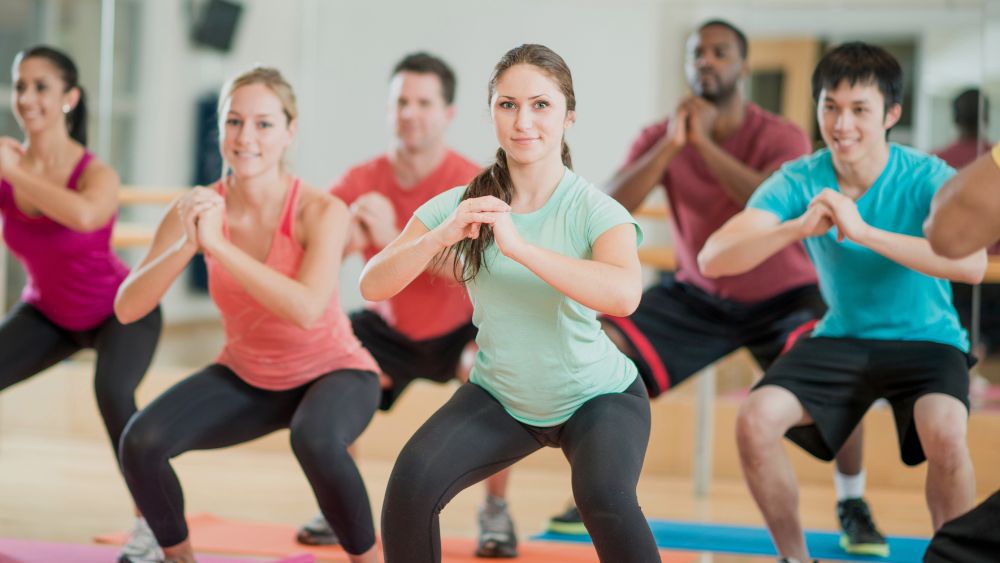WHO Activity and Exercise Guidelines for Adults
The NHS, Word Health Organisation and public health bodies around the world have essentially the same guidelines. The NHS activity guidelines recommend the following for adults, including disabled adults, pregnant women and new mothers:
- Do at least 150 minutes of moderate intensity activity a week or 75 minutes of vigorous intensity activity a week.
- Do strengthening activities that work all the major muscle groups (legs, hips, back, abdomen, chest, shoulders and arms) on at least 2 days a week.
- Reduce time spent sitting or lying down and break up long periods of not moving with some activity.
- Spread exercise evenly over 4 to 5 days a week, or every day.
Below are just some of the ways that achieving 150mins of moderate physical activity per week benefits your mind and body.
Help Your Heart Work Smarter, Not Harder ❤️
A stronger heart isn’t just a medical bonus - it makes daily life easier. Better circulation means climbing stairs without puffing, carrying shopping more comfortably, and having steadier energy through the day.
Just 150 minutes of activity a week can lower the risk of cardiovascular disease by up to 35%. Like any muscle, the heart adapts to regular effort. It grows stronger and pumps more blood with each beat, meaning your body gets oxygen to its muscles and brain more efficiently. At the same time, your blood vessels become more flexible and your circulation improves, helping to lower blood pressure and ease strain on the heart.
Studies have shown these changes reduce the risk of heart disease and stroke. In short: regular movement literally trains your heart to work smarter, not harder.
Your body thrives on being challenged, but in modern life, we’re surrounded by shortcuts - lifts, escalators, trolleys - all designed to reduce effort. Every time you choose the harder option, you’re giving your heart a small workout that builds resilience for the years ahead. Think of those everyday efforts not as chores, but as training sessions for a stronger future.

Warning: Exercise May Seriously Improve Your Health
If exercise were a pill, it would be the most prescribed medicine in the world. Physical activity reduces your risk of heart disease, osteoarthritis, dementia, depression, type 2 diabetes and 13 types of cancer.
A 2022 study found that "exercise can reduce the occurrence of a variety of cancers, inhibit cancer progression after diagnosis, alleviate symptoms, reduce treatment side effects, and prolong patient survival." Cancer Research UK confirms that "exercising regularly can lower the risk of breast cancer and bowel cancer in particular" and emphasises that "any amount of activity is good for you, but the more active you are, the greater the benefits!"
Start with small, achievable goals to work up to 150mins of physical activity per week, the WHO and NHS recommendation. And if you're receiving treatment for serious conditions, always consult your care team before starting a new exercise programme.
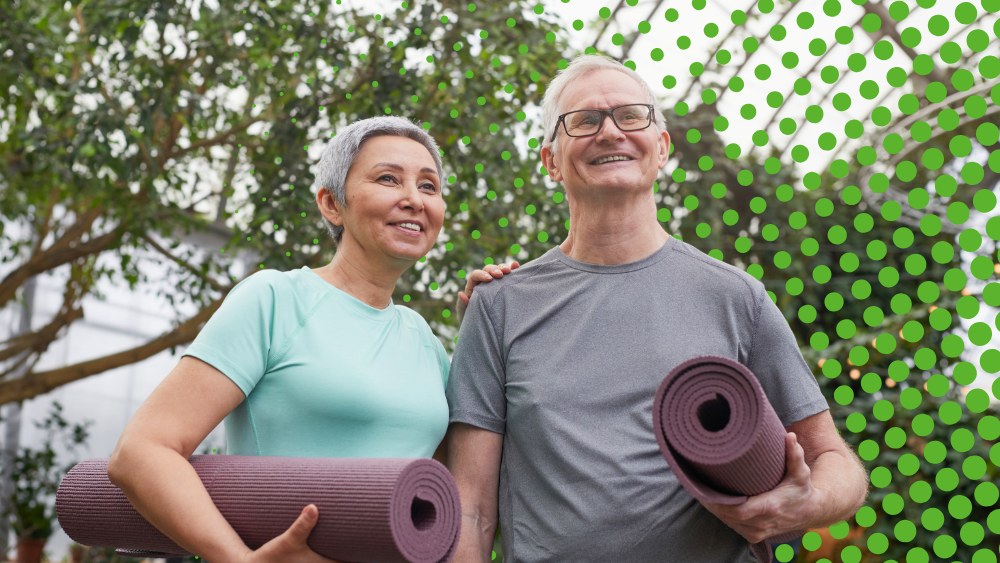
The Benefit of Having Stronger Muscles, Joints & Bones
Every step you take, bag you carry, and stair you climb relies on your muscles, bones and joints working as a team. When this framework is strong, daily activities feel effortless. But when it’s weak, simple tasks become challenging and injury risk soars.
The WHO and NHS recommend 150 minutes of moderate-intensity activity weekly because research shows substantial health benefits. When you stay active, your muscles strengthen and your bones respond by rebuilding themselves stronger. Your bones essentially "learn" from stress, adapting to cope with demand through a process that effectively stimulates bone formation.
This strengthening protects against osteoporosis, reduces falls, and maintains mobility as you age. Since you naturally lose muscle mass from your 30s onwards, up to 8% per decade, staying active becomes crucial for counteracting age-related decline.
Every stair climb or brisk walk strengthens your framework through weight-bearing exercise. Support this with calcium-rich foods, sunshine for vitamin D, and resistance or jumping exercises twice weekly. Think of each small effort as training for the years ahead.
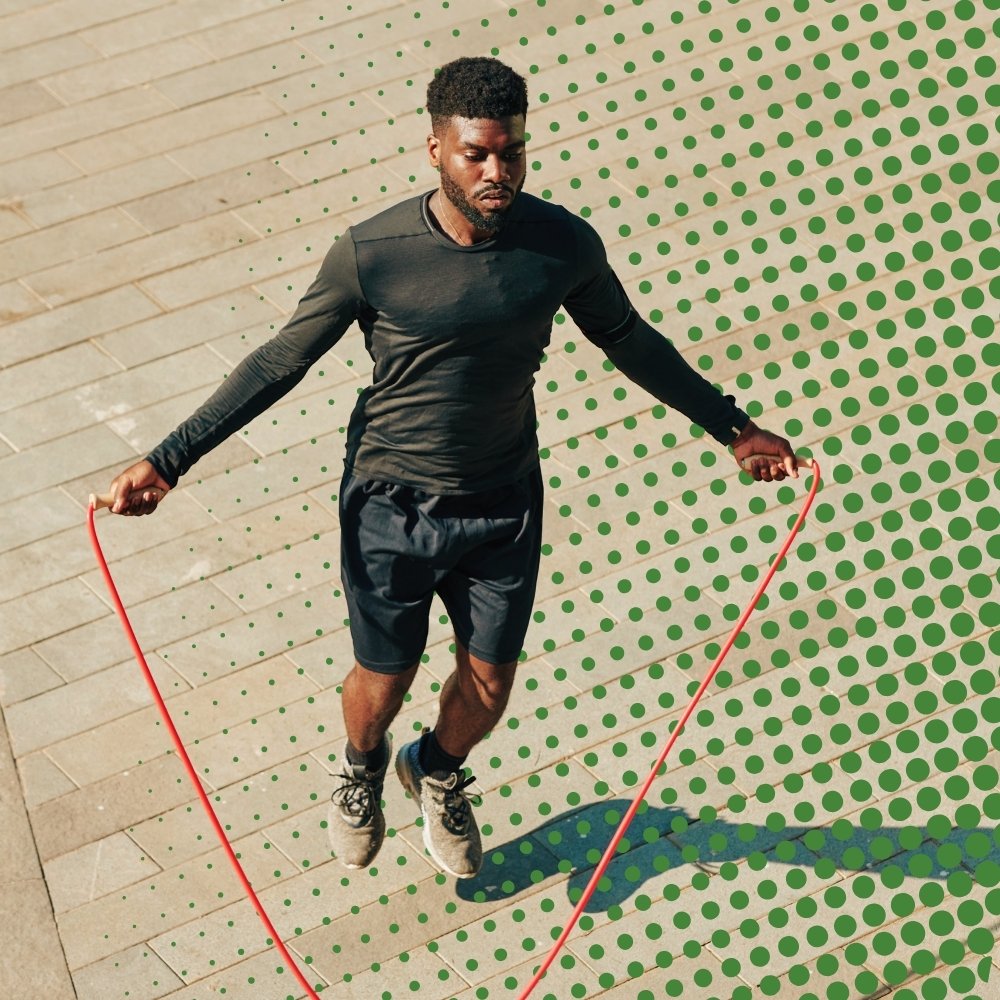
Improve Your Balance, Flexibility & Fall Prevention
Have you ever tripped on the stairs? Had a wobbly moment on your ankle or knees? Or felt stiff getting out of bed? Being more balanced and flexible isn’t just about performing well in team sports, it means fewer wobbly moments, less stiffness, and more confidence moving around every day. It affects how well you walk, climb stairs, carry things, do gardening and play with kids without getting injured.
Activity, specifically moderate or vigorous exercise which raises your heart rate and makes you breathe faster, helps your muscles, joints and nervous system work better together. The NHS recommends at least 150 minutes of moderate intensity activity per week (or 75 minutes vigorous), plus exercises that work on strength, balance and flexibility. Studies have shown that doing such exercises improves coordination, stability and your range of motion. Over time, your body becomes more resilient, with better posture, more fluid movement, as well as fewer aches and injuries.
You don’t need a gym: take the stairs, stretch while watching TV or try activities like yoga, Pilates, and Tai Chi. Every little movement helps.
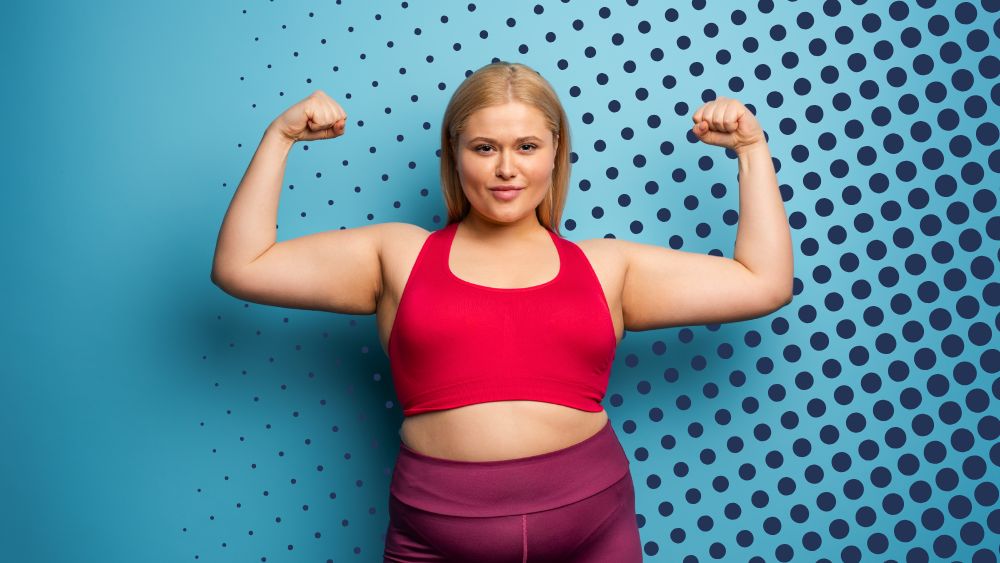
Brain Power Boost
Struggling to stay sharp during long meetings or finding your focus slipping mid-afternoon? The solution might not be another coffee, but a short burst of movement. Physical activity doesn’t just energise your body, it gives your brain the boost it needs to perform at its best.
Research shows that achieving the recommended 150 minutes of moderate activity per week, around 22 minutes a day, can significantly improve memory, concentration and problem-solving ability. Exercise increases blood flow to the brain, stimulates the growth of new cells, and enhances brain plasticity (your brain’s ability to adapt and learn). It also boosts mood-regulating chemicals like dopamine and serotonin, helping you manage stress and stay motivated at work.
Over time, these benefits add up. Regular activity trains your brain to think more clearly, adapt more easily, and stay resilient under pressure.
The best part? You don’t need hours in the gym. A lunchtime walk, cycling to work or even going up a few flights of stairs all count. Each small step adds up and benefits your brain health and long-term success.

Brain Gains: How Exercise Protects Your Memory
Sharp thinking and clear memory aren't just about getting older gracefully, they're about staying independent as we age. When your brain stays healthier for longer, everyday tasks remain easier for longer.
Studies show that 150 minutes of moderate exercise per week significantly reduces dementia and Alzheimer's risk. Research demonstrates physically active people are less likely to develop cognitive decline than inactive people. This weekly target works by boosting blood flow to your brain and growing new brain cells, particularly in the hippocampus, your memory centre.
Regular exercise helps maintain brain volume and strengthens neural connections, training your brain to work smarter and more resiliently as you age. By making physical activity a habit, you're building a powerful buffer against cognitive decline.
So, every brisk walk, bike ride or kitchen disco is really an investment in your future self!

Move Your Body, Lift Your Mind
Whether you're meeting work deadlines, or juggling the work/life balance, looking after your mental health matters. More than 1 billion people around the world are living with mental health issues, according to the World Health Organisation. The good news? Moving your body can genuinely help.
Studies have shown that physical activity can reduce symptoms of depression and anxiety. The WHO recommends doing at least 150 minutes of moderate intensity activity each week, that's just over 20 minutes a day. When you exercise, your brain floods with mood-altering chemicals like endorphins that create feelings of reward and wellbeing. Activity also enhances electrical activity in your brain and actually improves its structure, helping you manage stress and low moods more effectively.
Over time, regular activity trains your body and mind to become more resilient. You may notice better sleep, improved self-esteem and a greater sense of confidence in handling whatever challenges arise at work and in the rest of your life. Think of it as building mental muscle alongside physical strength.
The beauty is that it all counts; walking, cycling to work, lunchtime gym sessions or team sports. Every bit of movement is an opportunity to boost your brain power and lift your mood. Don't underestimate the power that moving your feet can have on moving your mind.

Move More, Sleep Better
Many of us suffer from poor sleep. As many as one in three Brits experience insomnia, and in a recent global survey of 200k adults for ResMed, more than 80% of adults surveyed reported experiencing symptoms of disruption related to their sleep quality.
Poor sleep costs our economies huge amounts of money each year, but the real cost is to our health, from low mood and brain fog to raised risks of heart disease and diabetes.
But prioritising sleep is one of the most effective ways to improve your health. And while there are various ways to do that, getting 150 minutes of moderate physical activity per week can make a real difference. Studies show that regular exercise helps you fall asleep faster, stay asleep longer, and feel more refreshed. It also boosts daytime energy by improving circulation, oxygen flow, and mood-regulating hormones like serotonin and dopamine.
Think of it as training your body to work smarter: sleep better, think clearer, and feel more resilient.
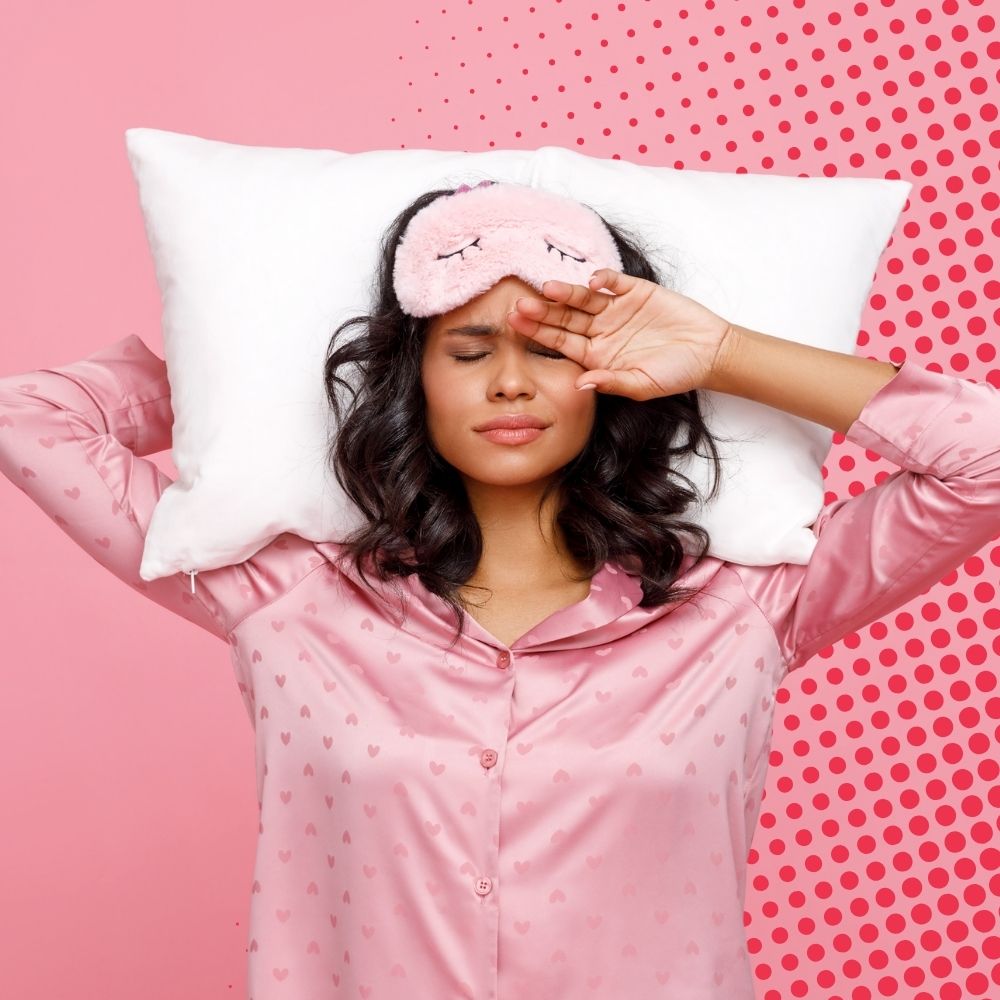
Sharper Thinking, Better Results
Do you find your brain hasn’t woken up at the start of the workday? Or perhaps you struggle to focus during afternoon meetings? Physical activity could be your secret weapon for sharper thinking and better productivity. When you move your body regularly, you're not just building fitness, you're helping your brain too.
Studies show that the parts of your brain controlling memory and thinking have greater volume in people who exercise regularly. Here's what happens: physical activity boosts blood flow to your brain, immediately improving memory and thinking skills. Even better, exercise triggers the release of a protein that creates new neurons and enhances your ability to concentrate and solve problems. The World Health Organisation recommends at least 150 minutes of moderate-intensity activity per week to unlock these brilliant brain benefits.
No need for a gym membership to get started. Walking to work, getting off the bus a stop early, or parking at the back of the carpark are just some of the easy ways to build more activity into your working day.

Find Out More
Learn how Active Teams boosts workplace health and performance using 'The Miracle Cure' of activity.

